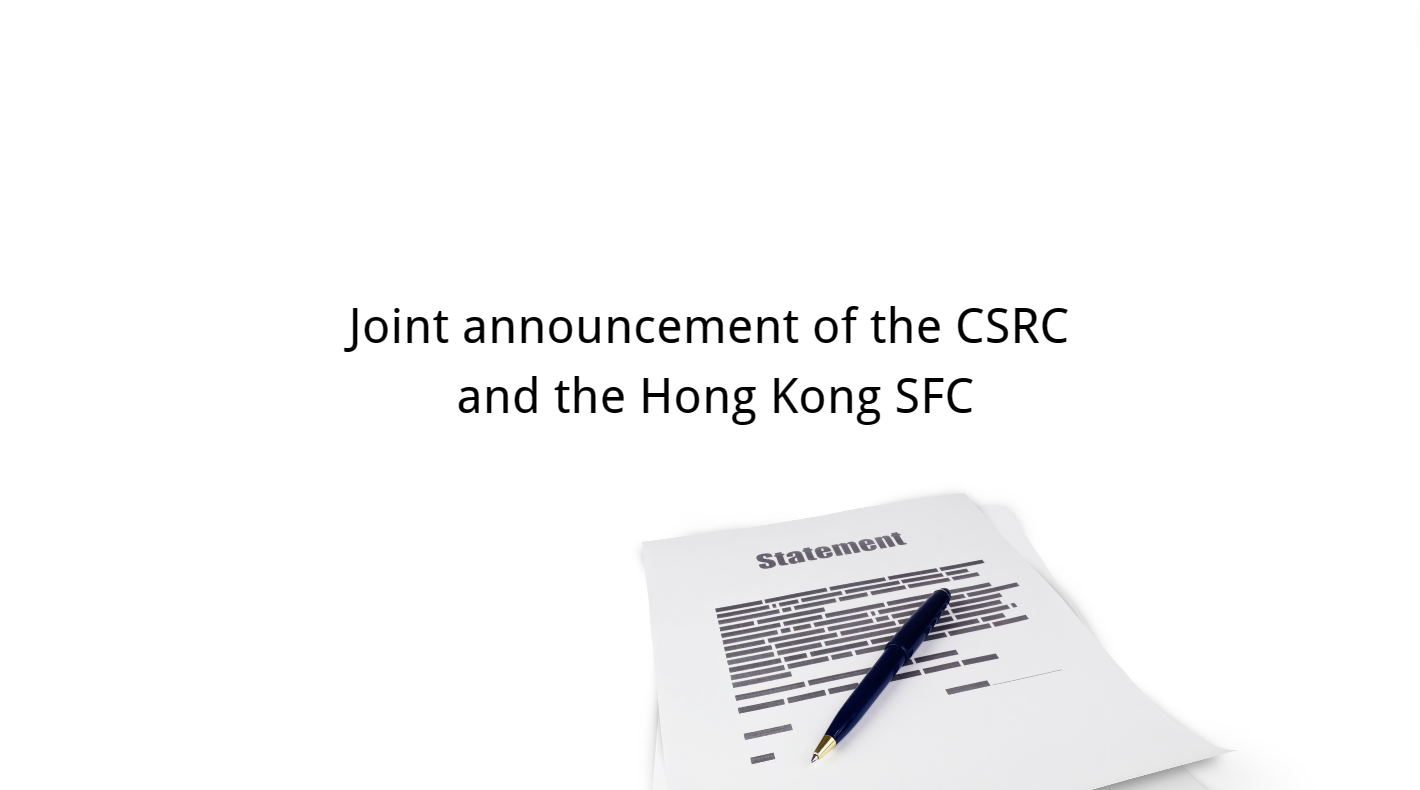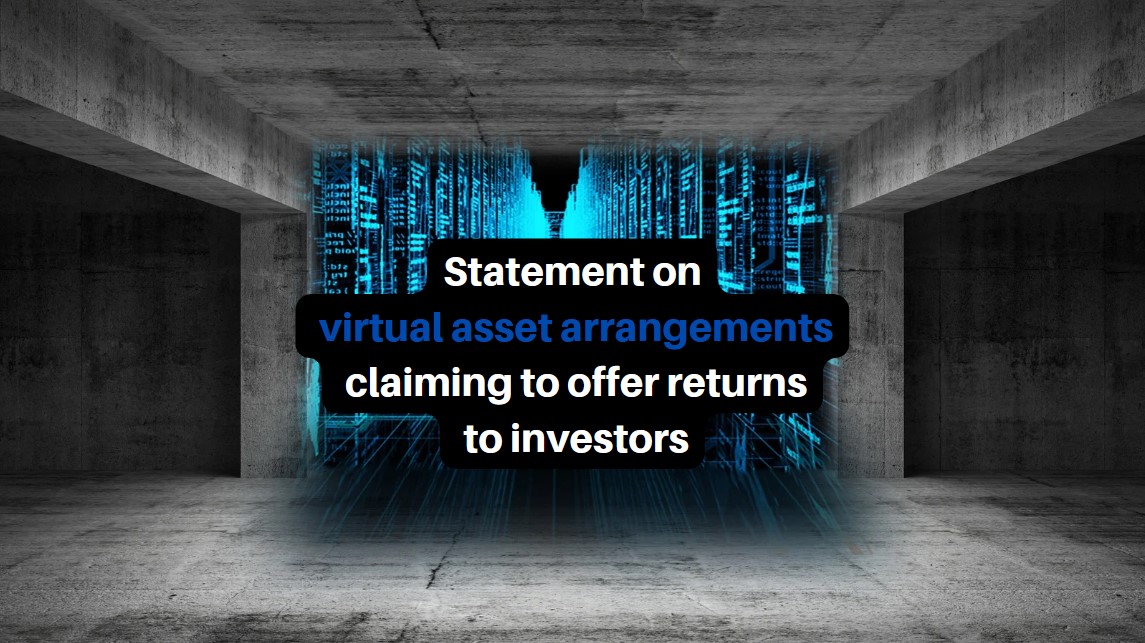Securities and Futures Commission
The Securities and Futures Commission (SFC) is an independent statutory body set up in 1989 to regulate Hong Kong's securities and futures markets.
We derive our investigative, remedial and disciplinary powers from the Securities and Futures Ordinance (SFO) and subsidiary legislation. Operationally independent of the Government of the Hong Kong Special Administrative Region, we are funded mainly by transaction levies and licensing fees.
Our mission statement
As a financial regulator in an international financial centre, the SFC strives to strengthen and protect the integrity and soundness of Hong Kong's securities and futures markets for the benefit of investors and the industry.
Our functions
The SFO vested us with multiple roles. Our principal responsibilities include maintaining and promoting the fairness, efficiency, competitiveness, transparency and orderliness of the securities and futures industry. The scope of our work includes:
- Setting and enforcing market regulations, including investigating breaches of rules and market misconduct;
- Licensing and supervising intermediaries1 that conduct activities under the SFC's regulatory responsibility;
- Supervising market operators, including exchanges, clearing houses, share registrars and alternative trading platforms, and helping to enhance market infrastructure;
- Authorising investment products and offering documents prior to their distribution to retail investors;
- Exercising oversight of regulations governing takeovers and mergers of public companies and of The Stock Exchange of Hong Kong Limited's regulation of listing matters;
- Cooperating with and providing assistance to local, Mainland and overseas regulatory authorities; and
- Helping investors understand market operations, the risks of investing and their rights and responsibilities2.
Our regulatory counterparts
We are one of four financial regulators in Hong Kong. The four regulators cooperate with each other to ensure proper conduct in the markets and to forestall financial crime and misconduct.
| Sector | Regulator | Major functions |
|---|---|---|
| Banking | The Hong Kong Monetary Authority | Regulates financial institutions3, conducts monetary policy operations and manages the Exchange Fund |
| Insurance | The Insurance Authority | Regulates and supervises the insurance industry |
| Mandatory provident fund system | The Mandatory Provident Fund Schemes Authority | Regulates and supervises provident fund schemes |
| Securities and futures | SFC | Regulates the securities and futures markets |
1 Such as brokers, investment advisers and fund managers.
2 Since November 2012, the SFC has delegated its investor education function to a subsidiary, the Investor and Financial Education Council.
3 Including banks and deposit-taking companies.
Our history
The securities and futures markets in Hong Kong were largely unregulated until 1974 when legislation was introduced to regulate the industry following a market crash the previous year. Under the legislation, regulation was conducted on a part-time basis by two separate commissions, one for securities and another for commodities trading.
Another major market crash in 1987 triggered the formation of the Securities Review Committee chaired by chartered accountant Ian Hay Davison. Its report, released in 1988, recommended the establishment of a single statutory body outside the civil service, headed and staffed by full-time professionals and funded primarily by the market. It also proposed that this body be vested with broad investigative and disciplinary powers so it could properly carry out its regulatory functions.
In May 1989, the SFC was officially established as an independent statutory regulator. Further reviews to improve the regulatory regime were conducted after the 1997 Asian financial crisis. The Securities and Futures Ordinance came into effect on 1 April 2003, consolidating and modernising the statutes previously regulating Hong Kong's securities and futures markets.
The SFC has been funded through fees and transaction levies since the early 1990s. It has not had any requirement for Government funding.























































First, please LoginComment After ~